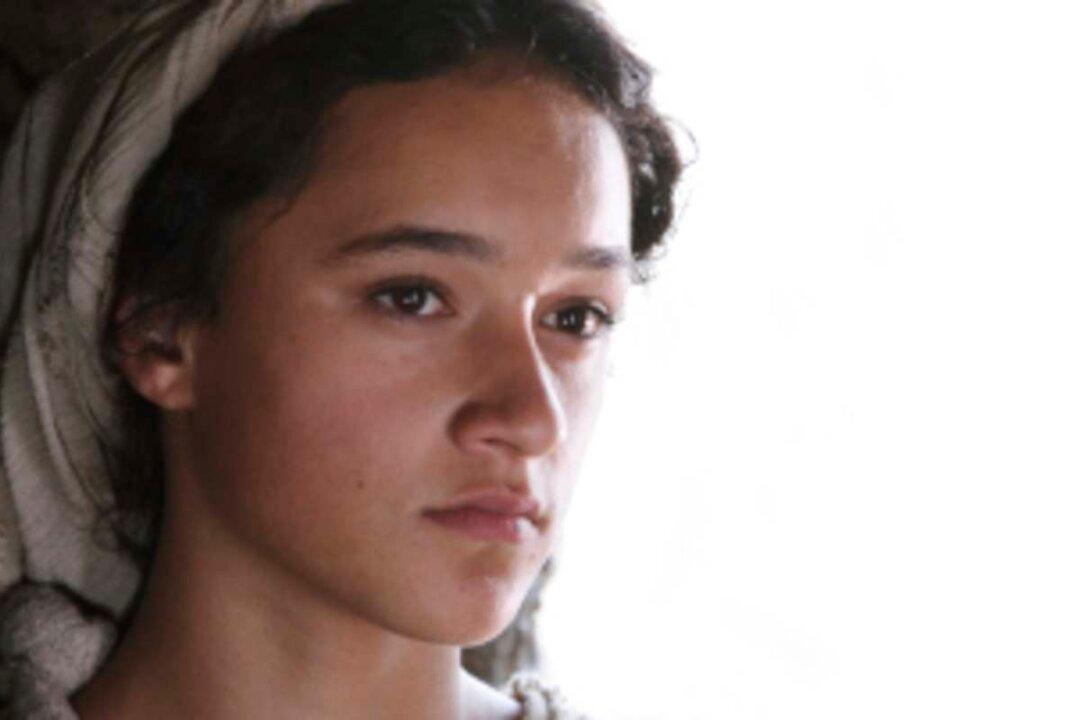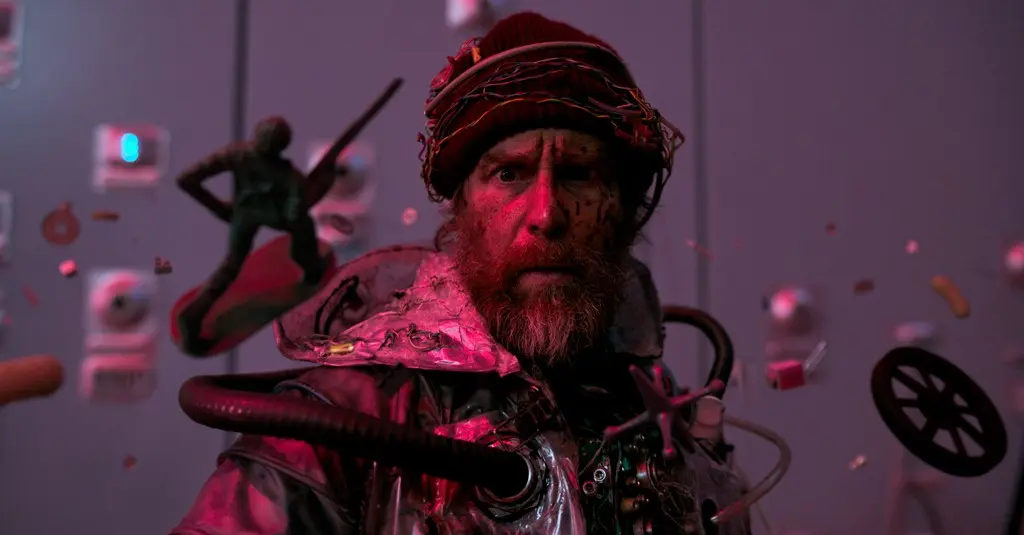PG | 1h 41m | Drama, Biography, History | 2006
In her first two films (“Thirteen” and “Dogtown and the Z-Boys”), set designer-turned-director Catherine Hardwicke examined teen growing pains from the perspective of the bleary-eyed participants. With her mix of cut-and-slash editing and nervy frankness, Hardwicke took what could have been just another couple of racy throwaway “after-school” specials and transformed them into important works.






